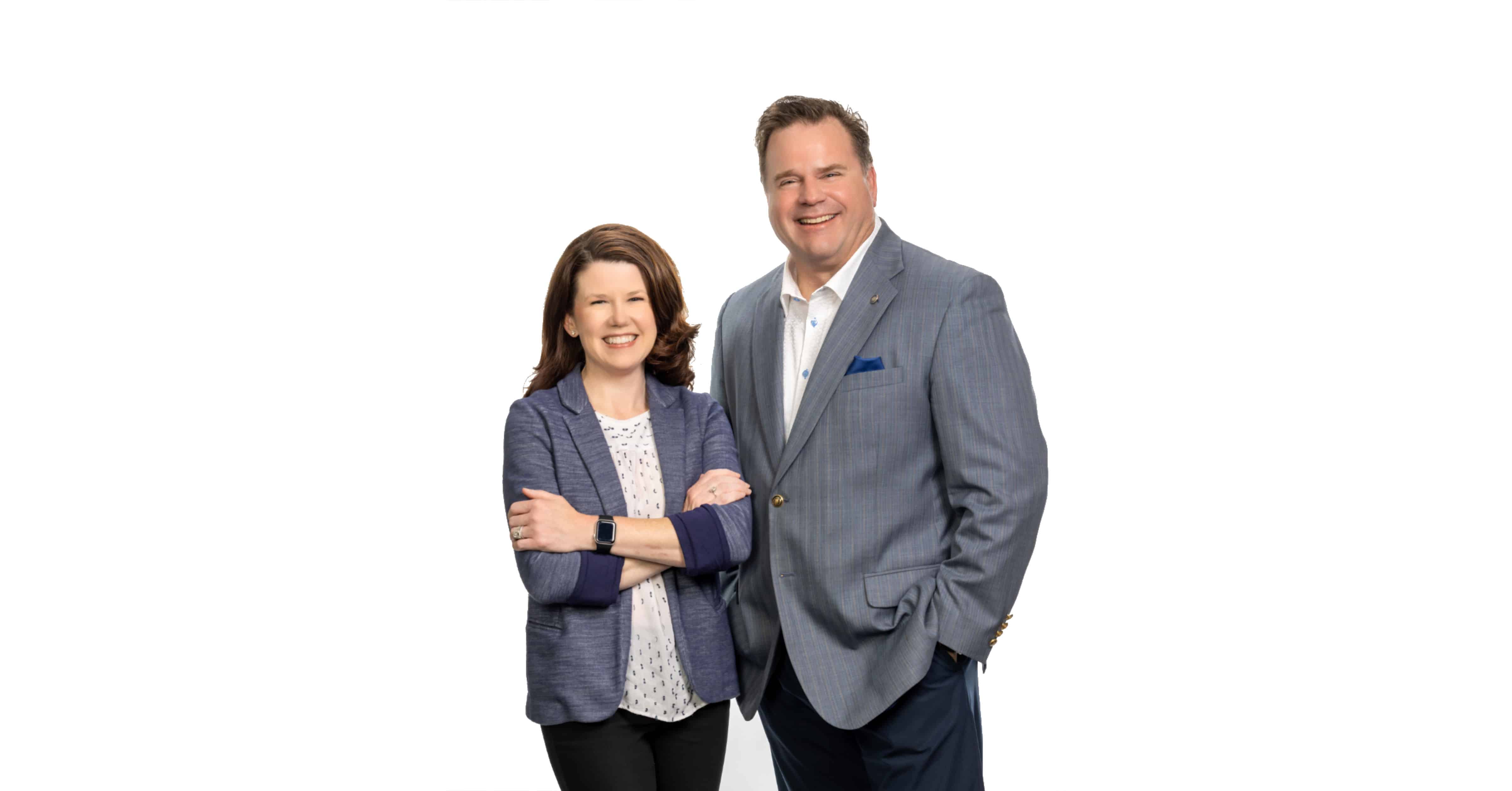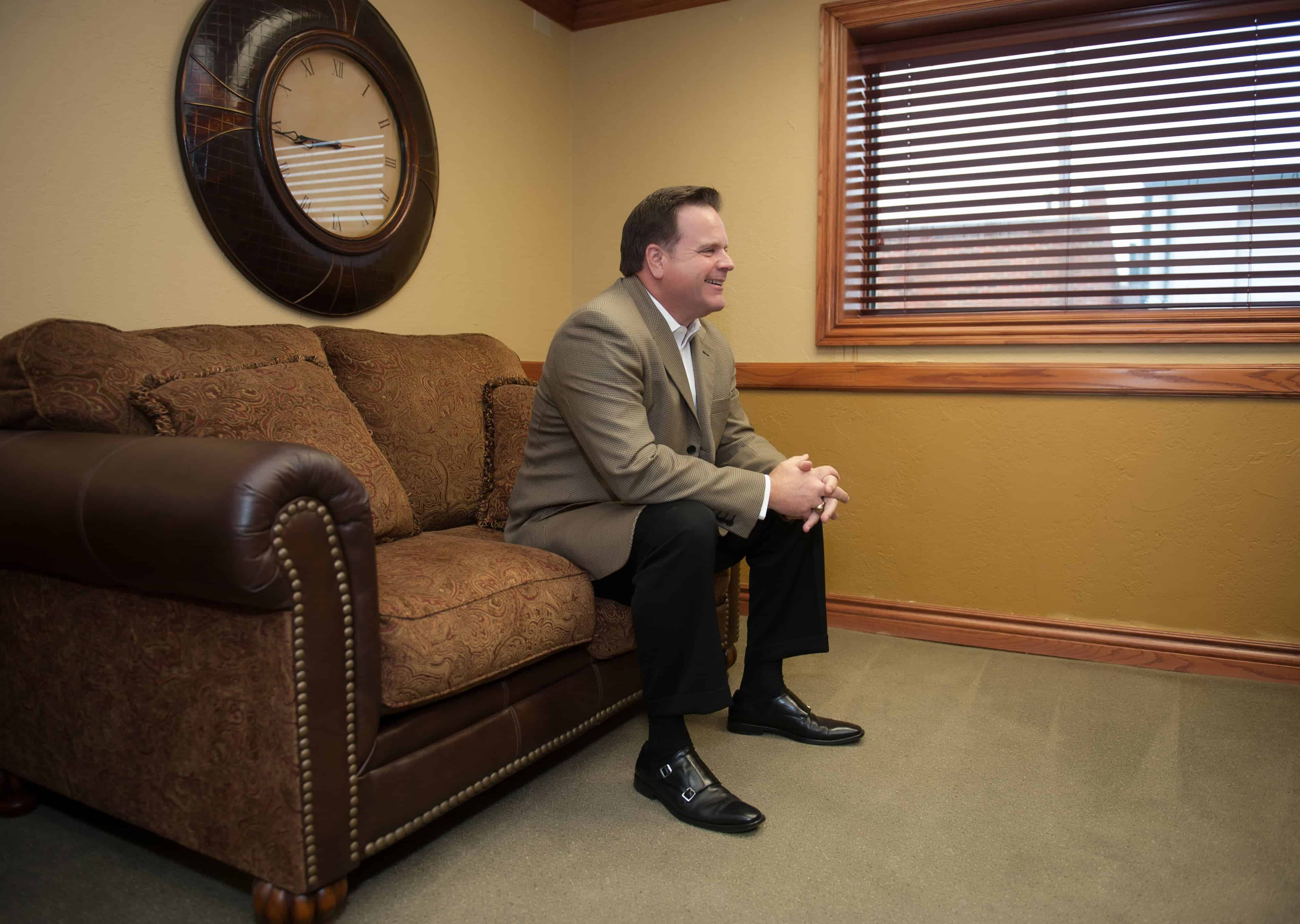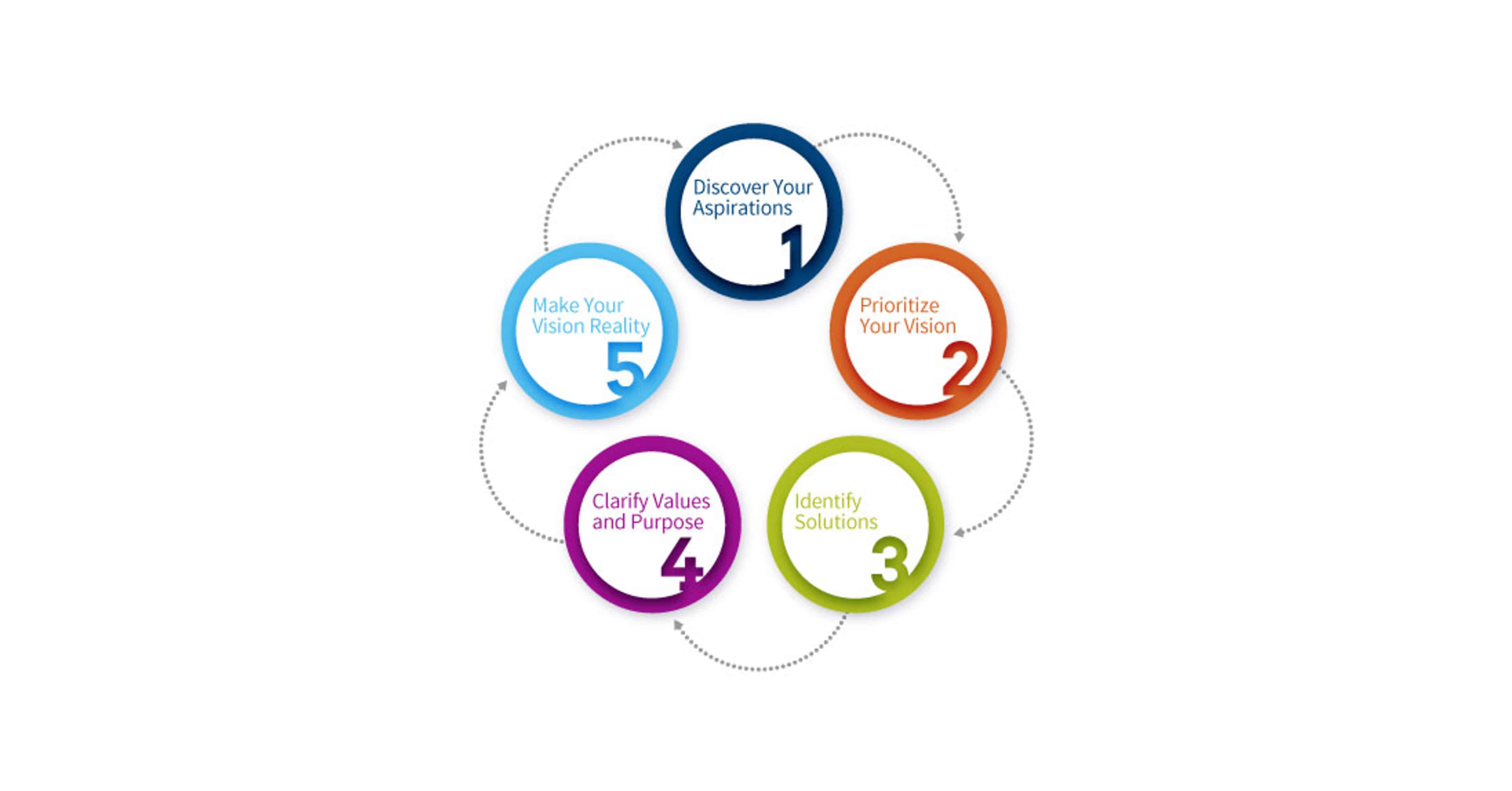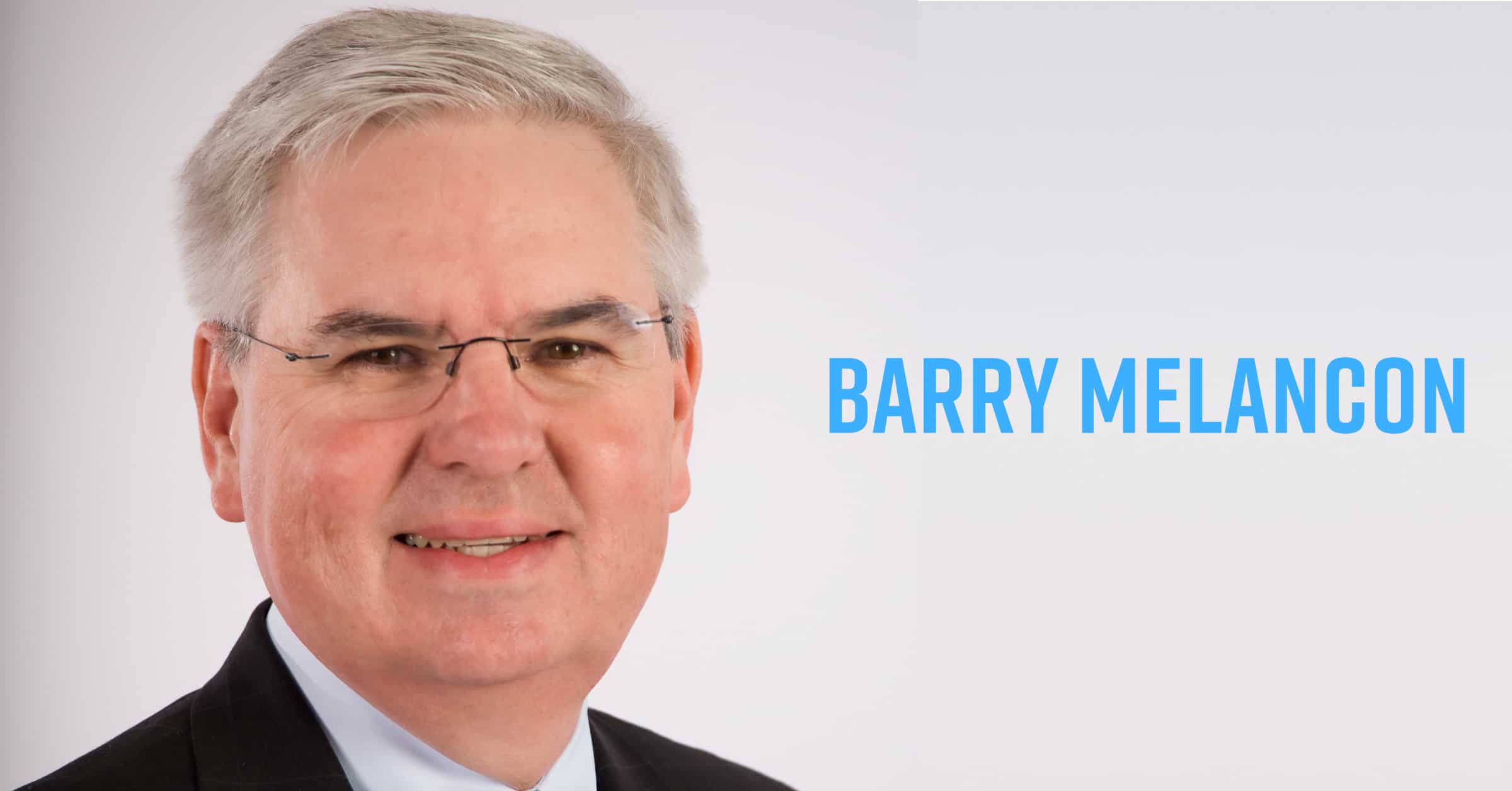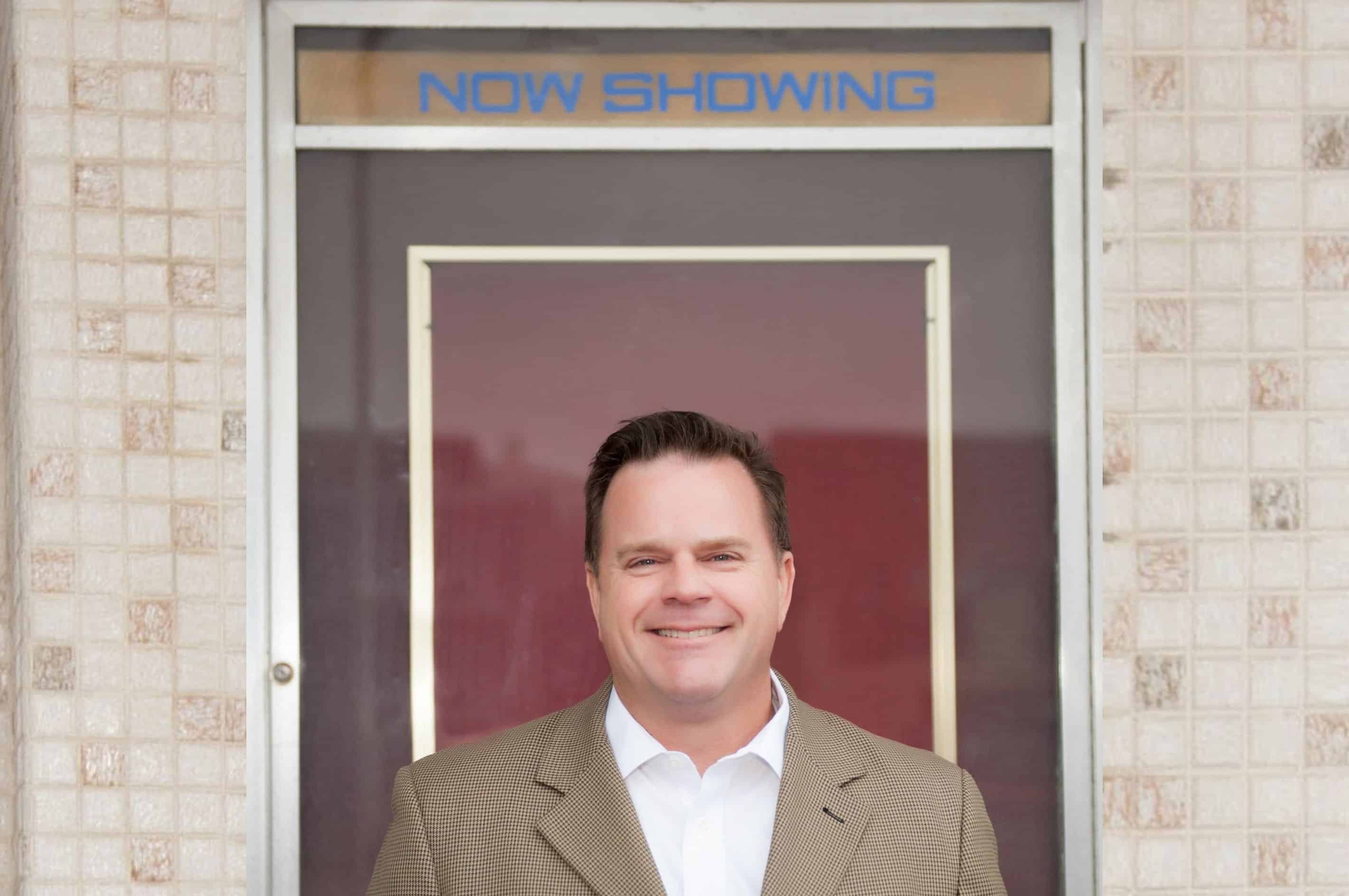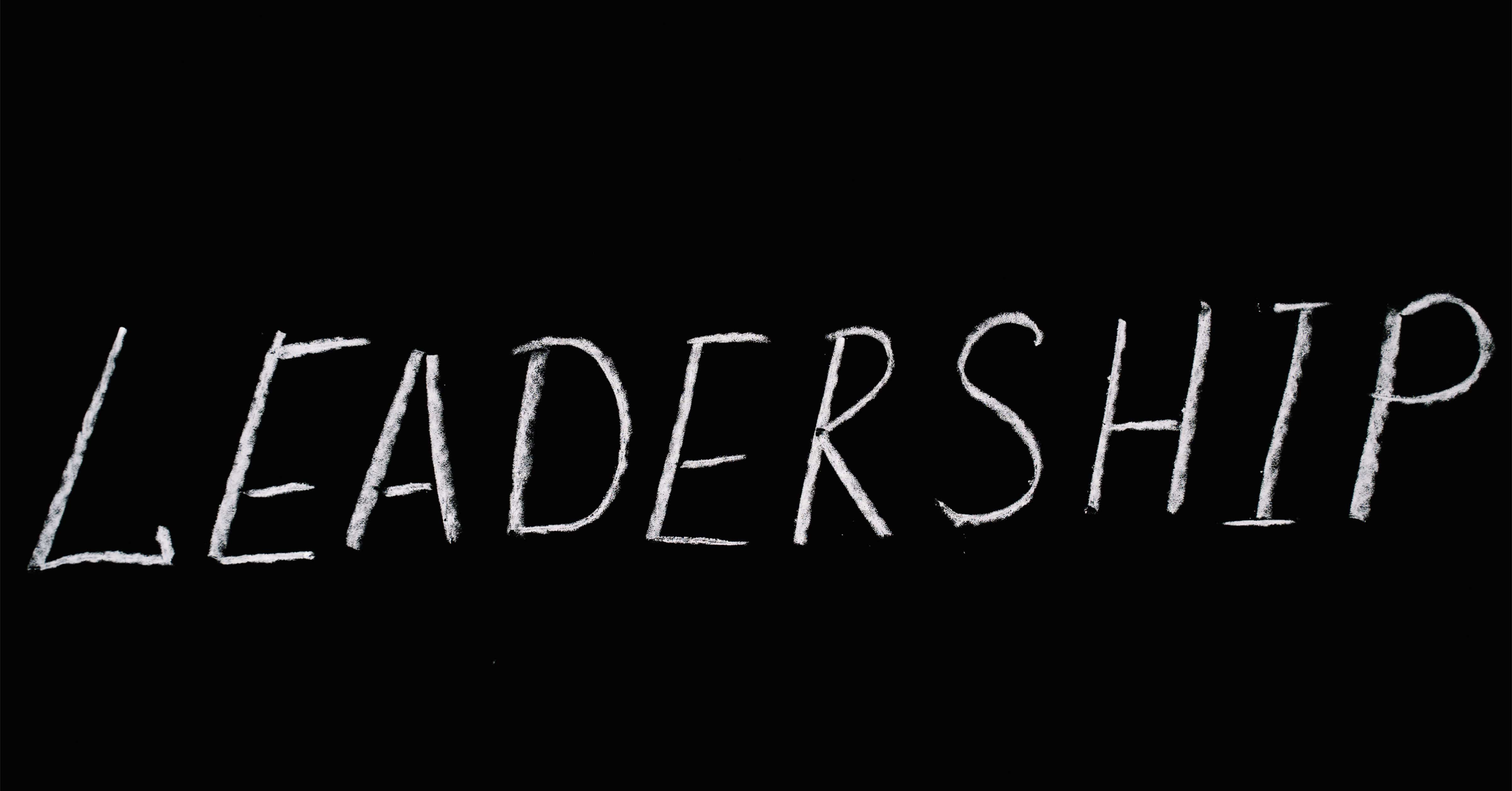No other area of life, for United States citizens, causes as much anxiety and grief as the income tax. The cost of our republic is not cheap; however, we could do a better job in developing our revenue system and dispensing the funds in a more appropriate manner according to the fiscal experts found at the coffee shops across our country.
Recently, a proposal is being considered, for purposes of raising the revenue in our country, to tax individuals earning above a certain limit on the increase in the value of their assets (i.e., investments, real estate, etc.). This is a “value-added” tax approach that stems from European countries who, by the way, discontinued the system because it created a precipitous decline in investment, loss of overall national revenue and its citizens left the country for a better way of life. The premise is that your investment portfolio would be taxed based on the growth you have experienced in the tax year regardless of selling any assets and recognizing a gain. For example, let’s assume Charlie invested his savings of $1,000 in a stock that rose in value to $2,000. Under the proposed tax law change to tax the growth, Charlie would owe tax on the $1,000 growth but he has no cash to pay the tax. This is the dilemma created by this type of tax policy. In a nation that seeks fairness and opportunity to all citizens, this is an example of bad policy.
Another area of policy posed by Congress seeks out those that are not paying their fair share (well, according to certain members of Congress). A tax policy that seeks to segregate and apply to only certain individuals (i.e., billionaires) would be unfair, not because the billionaires can’t afford it, but rather that the Internal Revenue Code should not seek out a certain group of the population to punish but rather seek to be applied fairly to all of citizens. It would not be good policy to start building a revenue-generating tax system that punishes achievers and rewards those that lack ambition or adventure to risk it all for the sake of growth.
One last area we will explore today is the desire of the U.S. Congress to become more entangled in the lives of our citizens. Recently, a proposal was offered to require your local bank to report all transactions, of $600 or more, in your bank accounts to the IRS for examination and scrutiny. Some exceptions apply such as your SSA Benefits and U.S. Government Pension payments. The purpose of this proposal is to ferret out tax cheats and increase the amount of revenue from unreported, or underreported, income. A bigger issue is at stake in this type of proposal. What about the privacy of our citizens? Sure, I want everyone to pay their fair share of tax but what about the liberties of those that already pay their fair share? Let’s assume you receive a gift from Aunt Betty for $15,000 for graduating college or a birthday? The IRS would require your explanation, and proof, that such item was not taxable. The burden of proof would lie with the taxpayer in this case.
There are better methods of closing the tax reporting gap than to invade the personal bank accounts of our citizens, many of which are law-abiding citizens.
Our system of taxation is one based on honor and honesty. It is important that our tax code be constructed with the same traits. I do not deny that many citizens fail to honestly pay their fair share of taxes. However, punishing all citizens for the actions of a few does not merit the loss of individual rights and freedoms.
Taxation is a valid means for funding many of the necessary programs that support our citizens. It is truly a fact that one can rely on only two things to occur in life – death and taxation.
If you think you are paying too much in taxes, seek out assistance from a CPA or contact a CERTIFIED FINANCIAL PLANNERTM professional to help you gain control of your financial life.






